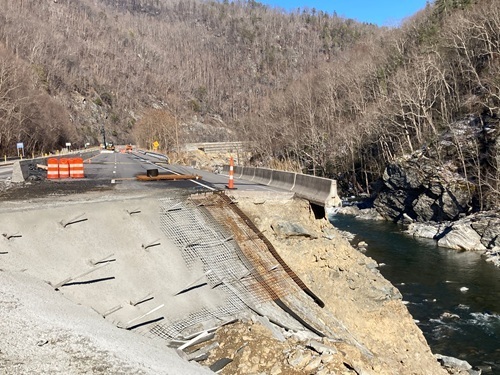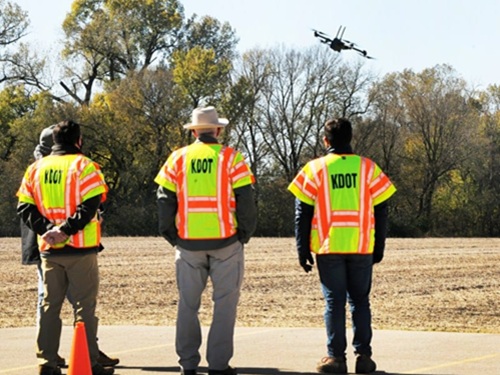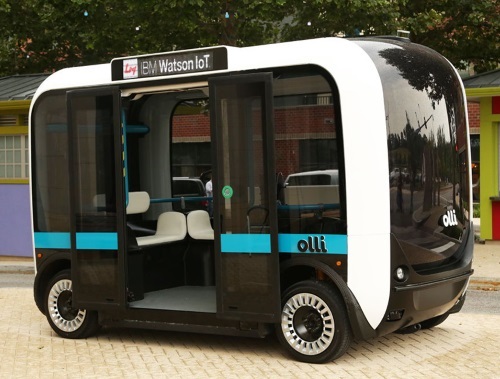California’s Contra Costa Transportation Authority and the Minnesota Department of Transportation are forming a partnership to test connected and autonomous vehicles or CAVs, especially on public roads.
[Above photo by Local Motors.]
Through this new partnership, CCTA will get access to the more than 50 unique test sections on several Minnesota roadways – including two 3.5-mile, high-speed corridors on Interstate 94 and a 2.5-mile, low-speed, closed access road that is operated by the Minnesota Road Research Project, known as MnROAD.

The partnership also gives CCTA access to Camp Ripley, a military and civilian training facility operated by the Minnesota National Guard that features a 4.3-mile emergency vehicle operations course.
Meanwhile, the Minnesota DOT gains access to GoMentum Station in Concord, California – one of the largest secure connected and automated vehicle proving grounds in the country – to help the agency augment its CAV testing with varied terrain, and real-life infrastructure including roads, bridges, tunnels, intersections, and parking lots.
That facility will also provide the environment needed to accelerate testing of the first and last-mile applications and the ability to safely test CAV technology “to its limits,” noted Kristin White, the Minnesota DOT’s CAV-X executive director.

“Minnesota is excited to partner with one of the nation’s leading institutions in this work as we explore innovations in smart mobility, connected and automated vehicles, and how advancing technologies are impacting communities,” White said in a statement.
“Through collaboration and information sharing, we’re committing to learning from CCTA, sharing best practices, and together advancing research that supports our regions and national goals,” she added. “We believe this partnership can be a model for other regions to advance smart mobility.”
“With this new collaboration, we’ll be able to test in conditions that just can’t be replicated here in Contra Costa,” explained Randy Iwasaki, CCTA’s executive director.
“Our partnership with a state agency like Minnesota DOT will open new doors to shared research opportunities for a small agency like ours and it’s exciting to be partnering with an agency that has similar goals in the arena of connected and automated vehicle technology,” he added.
 States
States
NCDOT to Rebuild I-40 with National Forest Rocks
June 27, 2025 States
States

